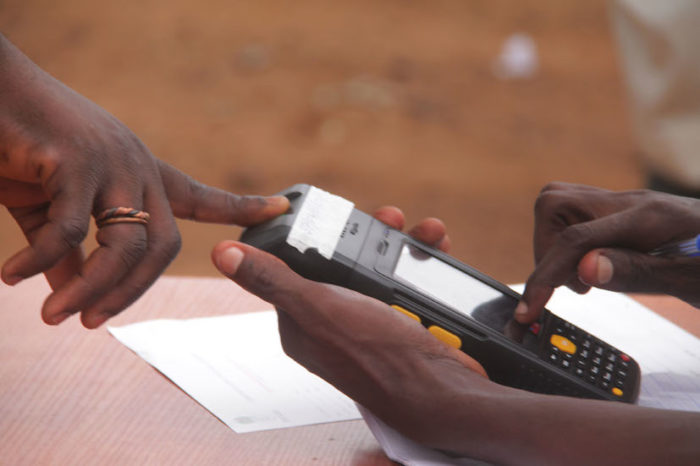President Muhammadu Buhari has presented reasons why he declined to assent to the amendment of the 2010 Electoral Act forwarded to him by the National Assembly (NASS), but here is a second look at the reasons he cited.
The reasons President Buhari presented for declining to assent to the amended electoral act are contained in a letter he addressed to both chambers of the NASS, which was read on the floor of the Senate House by Senate President Bukola Saraki today.
Buhari in the letter stressed that a section of the amendments conflict laws establishing the Independent National Electoral Commission (INEC).
“The amendment to the sequence of elections in Section 25 of the principal act, may infringe upon the constitutionally guaranteed discretion of the Independent National Electoral Commission (INEC) to organize, undertake and supervise elections provided in Section 15(A) of the third statue to the Constitution,” he stated.
TheNewsGuru reports the NASS amended Section 25 of the Principal Act seeking majorly to provide for the re-ordering of the sequence of polls during general elections.
According to the Section as amended, general elections shall be held in the following order: (a) National Assembly election (b) State Houses of Assembly and Governorship elections (c) Presidential election.
This amendment, which is at variance with INEC elections time-table earlier published in accordance with the Principal Act, and which stipulates Presidential and National Assembly elections were to hold first, while governorship and state assembly would follow, did not go down well with President Buhari.
The President also stated that “The amendment to Section 138 of the principal act to delete two crucial grounds upon which an election may be challenged by candidates, unduly limits the rights of candidates in elections to a free and fair electoral review process”.
He also stated that “The amendment to Section 152 Subsection 325 of the Principal Act may raise Constitutional issues over the competence of the National Assembly to legislate over local government elections”.
While Buhari was not specific about the “two crucial grounds” in Section 138 that were deleted, Section 152 states that, “Without prejudice to the other provisions of this Act, the Commission may delegate any of its powers and functions to any National Electoral Commissioner, Resident Electoral Commissioner, Electoral Officer, any other officer of the Commission or any other officer appointed under the provision of this Act subject to any conditions or limitations which it may consider necessary or expedient to impose and no such delegation shall be construed to limit the right of the Commission to exercise such power itself”.
However, Section 152 Subsection 325 President Buhari referred to in the Principal Act was not immediately clear after due consultation of it.
TheNewsGuru reports the NASS also amended section 87 by adding a new section 87(11) with a marginal note: “time for primaries of political parties”.
“The primaries of political parties shall follow the following sequence (i) State House of Assembly (ii) National Assembly (iii) Governorship, and (iv), President.
“The dates for the above stated primaries shall not be held earlier than 120 days and not later than 90 days before the date of elections to the offices,” the marginal note read.
The NASS also amended section 36 to allow for running mate of a candidate that dies before the conclusion of elections to inherit his/her votes and continue with the process.
Section 35 that states if before an election a candidate dies he will be replaced by the next contestant with the highest vote was also amended.
The amendment indicated that if a nominated candidate died in the election process, the next person from the same political party with the second highest votes in the primary election should replace the deceased.
It stated that the name of the new person should be submitted to INEC, which should accept such replacement as if the deceased was alive.
